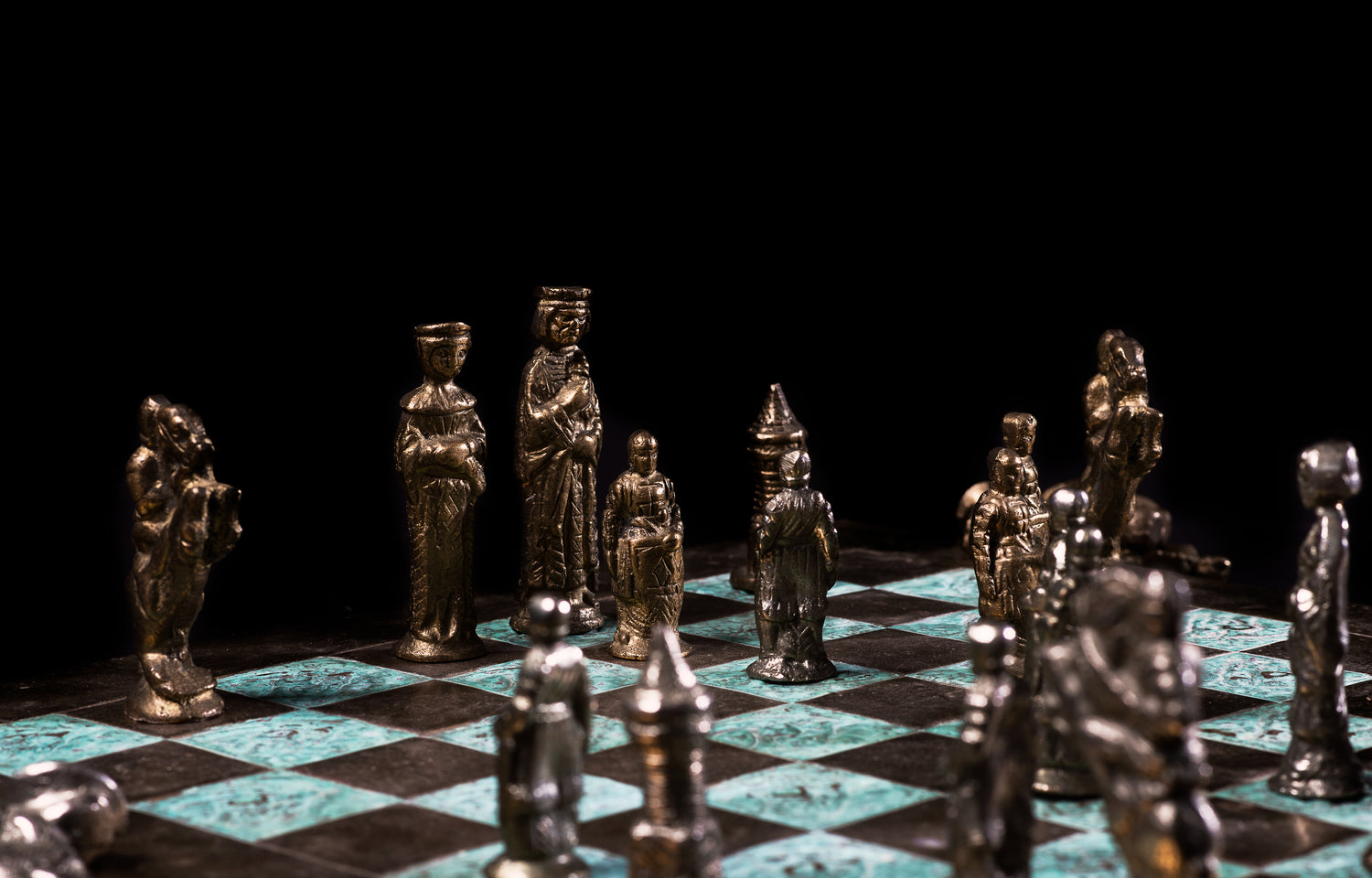Chess is an ancient game compared to some other games that are more recent in near centuries and decades, and it has an established, proud history with players all over the world. It is one of the greatest games that people have ever created—a completely fair, almost-perfectly-balanced game of strategy where the only thing you need to do to win is being able to outthink your opponent. Easier said than done, but it is the truth.
Why play it, though?
There are so many reasons that if this article was going to attempt to list all of them, you'd be here reading it all day. It can be summed up in a shorter way, however, more concise and easier to process. Chess' biggest, most noticeable, and most obvious benefits are the impacts it has on the mind after playing it for a long enough period of time.
Besides the fact that the game is just fun to play, there are many mental and behavioral benefits to playing chess. One such thing is different patterns of thought, like critical thinking skills, logic skills, problem-solving skills, and creativity coming up to the front of the mind where they may not have been used as much before.
Chess can be played by nearly anyone at any age, and because of that, the game is extremely accessible, being easy and cheap to play while having deep strategic depth and an incredibly high skill ceiling, meaning it is also a great game to have as a hobby or on the side to work on while you go about your daily life, even if you don't want to focus on it too hard. This makes it a good game for kids to play, too.
Chess can improve your concentration, imagination, memory, and more. You have to focus to play chess, think about different moves and what your opponent is going to do, and do your best to react and counteract to that while you prepare your assault or defense against them. In addition to all of that, you must remember so many different kinds of famous openers, strategies, defenses, and tricky tactics that will trip you up if you don't memorize them.
Chess can even be used for something like teaching your brain how to organize things better, as when you are accessing chess resources or staring at a board in the middle of a game, you will be pushing your brain to put everything together in a better way to achieve a victory or be more efficient with your time.
Because of its accessibility and the number of people that play it globally, chess is also good for many social ventures and it is a good way to meet different kinds of people across the world. This is one of the main social benefits of chess.
If you choose to compete at a higher level, maybe after several years of practiced play, learning openings, and practice against skilled opponents, you will find that chess can also help and teach you to deal with pressure and nerves in high, intense situations. This kind of ability may help you later or in other areas of life, such as test-taking or working under difficult conditions at your job.
It is obvious and clear to see the many benefits of playing chess, and they haven't even all been listed here. The final one is easy to see and even easier to understand: chess is just also very, very fun to play.

